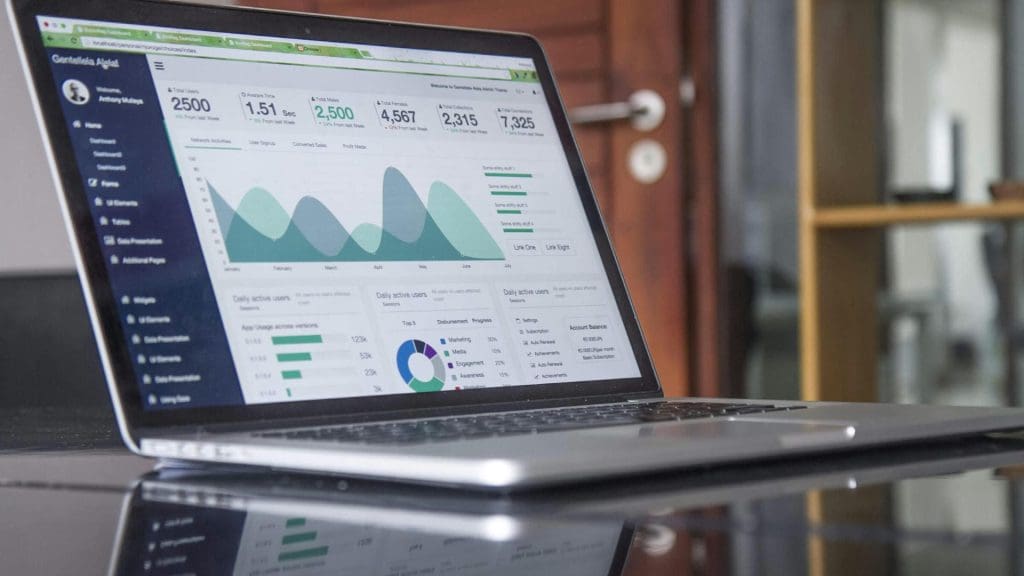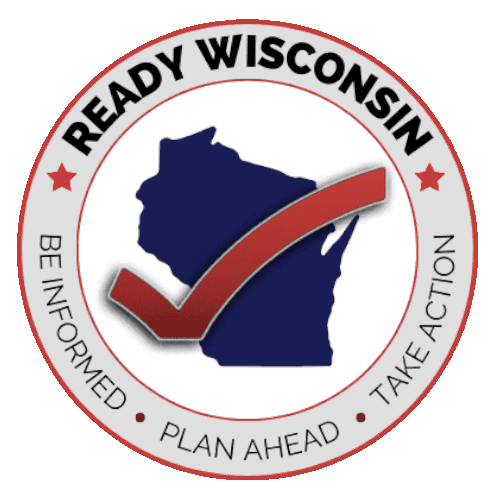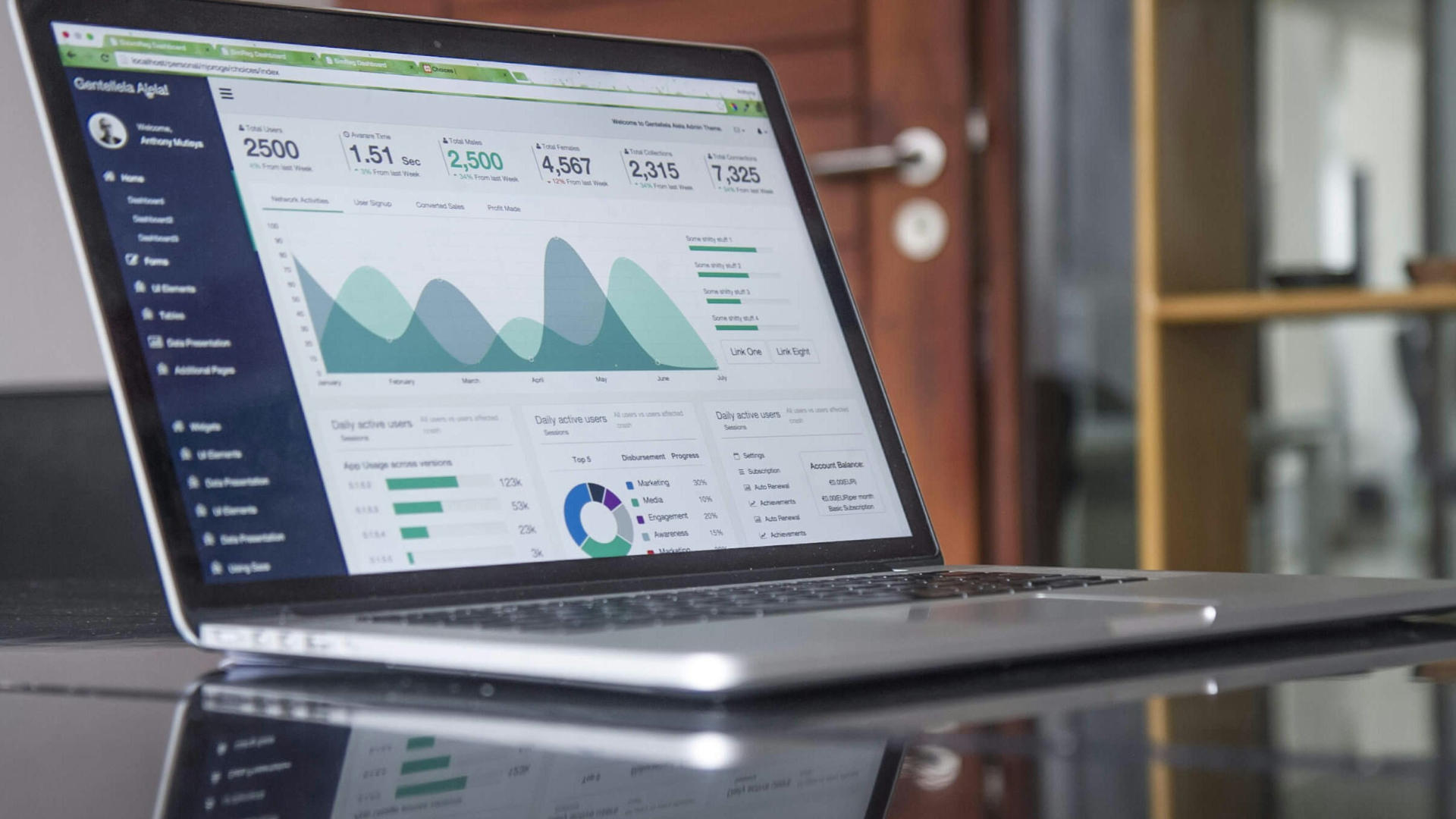Recovering from a disaster can take time and money. It’s important to consider your financial preparedness while developing your disaster plan. That can include setting money aside to help support yourself while waiting for additional aid and making sure key personal financial, insurance, medical, and other records are accessible – even if you are unable to return home.

Consider putting together an Emergency Financial First Aid Kit to help strengthen your financial preparedness for disasters and emergencies.
Assess and compile important financial documents and contacts
- If you receive paper checks for any federal benefits, consider enrolling in automatic benefits through GoDirect. https://godirect.gov/gpw/
- If you receive paper checks from your employer, consider requesting direct deposit
- Print or download statements of any bills you pay automatically
- Download any banking or bill pay mobile applications to your smart phone or device for any bills you pay online. This allows you to consider these costs without the need to refer to or sort through paper statements.
- Take photographs or record a video of the rooms in your home and any valuable belongings. Include copies of these with either a paper version or electronic version of a Emergency Financial First Aid Kit
- Keep some cash in the same safe location as your emergency kit. This allows you to pay for emergency purchases in the event that ATMs are not working or banks are closed
Review your insurance policies and financial paperwork for accuracy and be sure they are current
- If you own a car or home, ensure coverage is enough to support you in an emergency
- If you rent, make sure your lease reflects your current rent and verify your renters insurance is up to date
- The value of your property can change over time. Review your coverage levels with your insurance agent to verify your residence and belongings are covered.
- Many home and renters insurance policies will not cover flood damage. Check with your provider to see what kind of damage is covered. Supplemental coverage may be needed to address risks not included in your current policy.
Safeguard paper and electronic copies of files in safe locations
It’s crucial to protect both your physical and digital documents, especially in case of a disaster. For more comprehensive guidance on safeguarding important documents and valuable items, please visit our dedicated page on Safeguarding Documents & Valuables. Here, you’ll find useful information on what critical documents to store, how to protect them, and tips on preserving personal mementos, health records, and other essential items.
Revisit and update your Emergency Financial First Aid Kit regularly
- Suggested times to review your kit:
- During tax preparation time
- At the start or end of daylight saving time
- Around your birthday
- At the start of a new year
- Times when you need to change your kit as soon as possible
- Changing insurance providers
- Change in residence
- Purchasing a home or renting a new apartment
- Opening and closing bank accounts
- Change in marital status
- When you have a child
- Child changes schools
- During retirement planning
- When there is a death within the household
Records and contact information to include in an Emergency Financial First Aid Kit
- Personal identification documents — Being able to prove who you are and where you lived can be essential to getting your life back to normal quickly.
- Photo ID to prove identity of household members
- Birth certificate to maintain or re-establish contact with family members
- Marriage license
- Divorce decree
- Social security card to apply for FEMA disaster assistance
- Passport/Permanent Resident Card (Green Card)
- Naturalization documents
- Military ID or discharge record
- Pet ID tags, proof of pet ownership, pet microchip information, emotional support letter, service animal certification
- Financial and legal documents — Keep key documents related to your finances in the same location as other important documents. It helps identify your financial records and responsibilities, which can ease your recovery
- Copies of your mortgage or rent payment information
- Other financial obligations, such as bills, credit card accounts, receipts from child support payments
- Copies of current insurance policies to re-establish financial accounts
- Tax statements to provide contact information for financial and legal providers and to apply for FEMA disaster assistance
- Bank account information
- Estate planning
- Medical information
- A list of any physicians you are currently seeing
- Copies of any health insurance policies you have
- Immunization records
- List of medications you or family members are currently taking
- Caregiver agency contracts
- List models, serial numbers and suppliers for medical equipment
- Disability documentation
- Living will
- Veterinarian contact information, pet immunization records, copies of pet prescriptions
Once you have collected your financial, legal, and contact information for your Emergency Financial First Aid Kit, it’s important to keep the information safe.
Report any identity theft, the misuse of checking accounts, financial document theft, or loss of credit/debit cards or government-issued identification. If you believe your emergency financial first aid kit was stolen, immediately contact all financial institutions, insurance agencies, or similar companies to explain the situation.

